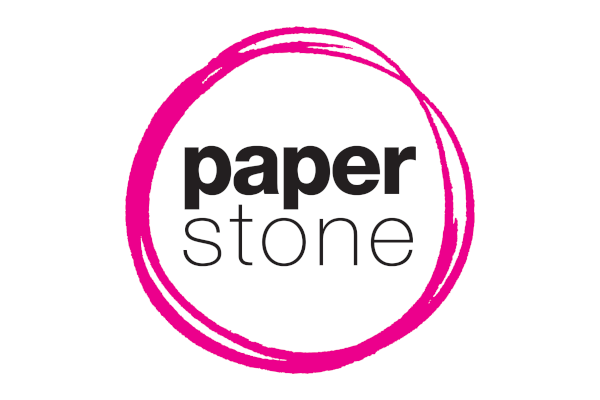James Ward’s Adventures in Stationery reviewed
 Adventures in Stationery: A Journey Through Your Pencil Case by James Ward – Review by Kaz G.
Adventures in Stationery: A Journey Through Your Pencil Case by James Ward – Review by Kaz G.
James Ward, author of Adventures in Stationery, knows that a book about stationery could be boring. As the organiser of the Boring Conference, and the I Like Boring Things blog, he’s fully aware that others see everything he loves as dull and mundane, and he relishes in it in a way that borders on rebellion: “I like boring stuff, so what?” he seems to say.
So, he invites his reader to take the same tack, even before they’ve read the first word of his debut book. Each item on the contents page is accompanied by a tiny tick box – a tantalising invitation for the reader to indulge in the boring: “Go on, we know you like completing lists too.”
The book soars when Ward gives the details of his own experiences with stationery that readers can nod their heads in agreement to: the momentous and nervous moment of writing on the first page of a notebook, or choosing a pen which somehow best suits your personality.
And at first it feels as if Ward falls down by not giving enough insight into these experiences. With wonderful flare, he describes the all-important schoolchild’s pencil case as a “gasp of oxygen” in an otherwise stifling world of uniforms and obedience, but gives the reader little else.
But a nostalgic ‘top-10 rundown of the best school moments’ this is not. His mature take on stationery is perhaps intended to trigger the reader’s own memories and imagination, rather than relentlessly load them with his own.
And this is what makes Ward’s otherwise cumbersome book so readable. He tells the often unnoticed yet incredible stories of stationery with a wink and a nudge that only someone as well-versed in the subject as he can.
The famous ‘NASA pencil’ story, the invention of the Post-It, the phoney science of graphology: all debunked and refined by Ward’s expert hand.
But while the painstaking research that has gone into every sentence is clear, it is likely only the real ‘stationery nerds’ will genuinely enjoy the minute detail he goes into regarding the bitter rivalries between companies. However, his interwoven explanations of how everyday products were invented saves these sections.
At times, his subtle style is sacrificed when he adds in obscure cultural references, as if to remind the reader he is ‘not really boring’. This is most noticeable in his reference to David Lynch’s cult classic Eraserhead, which he includes only to make a joke that, unlike in the film, pencil-top erasers aren’t made from people’s heads.
But these passages are eclipsed by the gems of information: Hemmingway’s favourite pencil, the fabricated mythology surrounding the Moleskine notepad, or how the inventor of corrector fluid was also a mother to a member of popular ‘60s pop group The Monkees.
And his recurring theme of how multinational corporations have somewhat sucked the magic and charm out of the original companies that invented now-ubiquitous items at our desks (as well as their hilariously clumsy advertising), reminds the reader of his genuine passion for the subject.
The message in each page is clear: however much a person may pretend that stationery isn’t interesting, there is absolutely no way to escape it.




Recent Comments